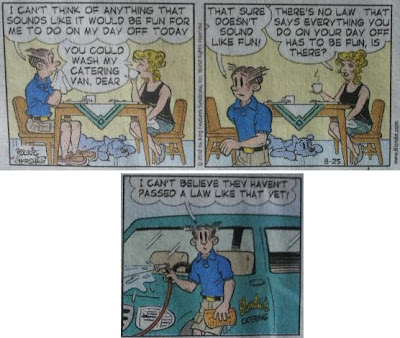Computing Comes Full Circle
The more things change, the more they remain the same. I was very amused to read this analysis by Rudolf Winestock of how that happened even in the field of computers. But wait a minute…hasn’t computing power moved from mainframes, those “refrigerator-sized modules housing the vacuum tubes” to our homes and then to our beloved hand held devices? If that’s not a Change, what is? Yes, we went from mainframes to minicomputers to PC’s to laptops to smartphones. We were getting it smaller and making the computer more personal. Along with computing power, data moved from a central location to our home and to our devices. All true. Except that the trend reversed. Now smartphones are getting bigger and bigger: doesn’t Samsung call its best-selling Note a phablet (too big to be a phone, but too small to be a tablet)? And starting with the Internet, and then accelerated by the smartphone and the tablet, much of our data now sits on data servers, aka “on the cloud”, not on our ...
